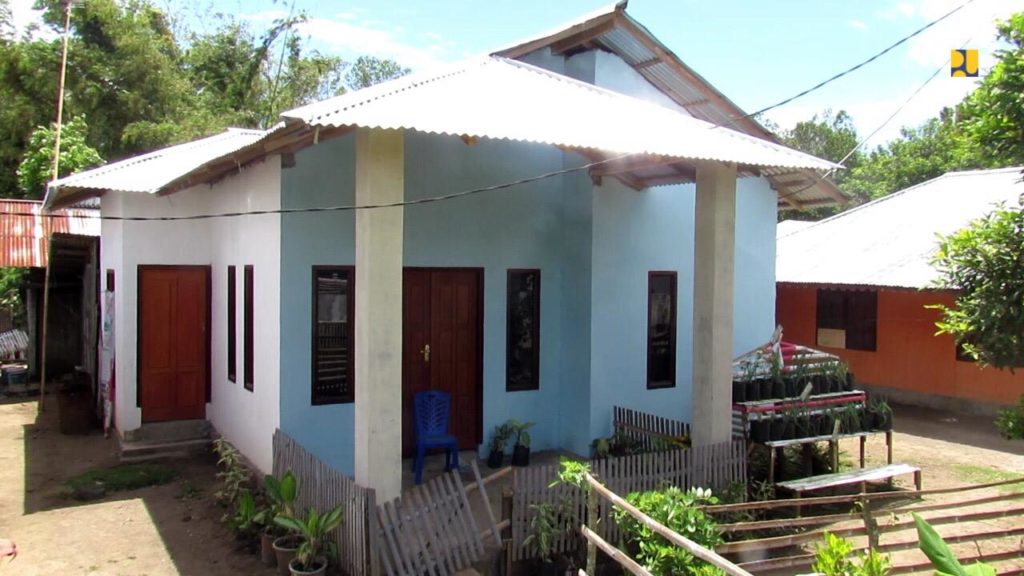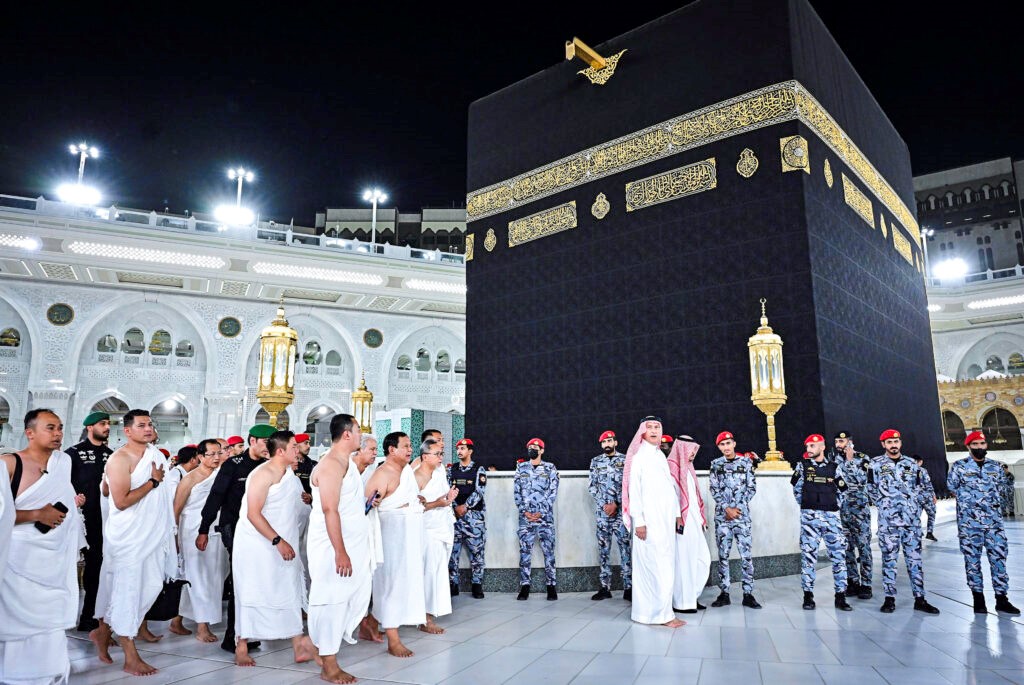Gov’t to Renovate 208,000 Low-Quality Houses Across Indonesia This Year

Low quality houses. (Photo by: Ministry of Public Works and Public Housing)
As part of the efforts to contain the spread of COVID-19 through a healthy lifestyle and a decent house, the Government has announced it will renovate as many as 208,000 low-quality houses across the country this year with a total budget of Rp4.35 trillion.
The Government also stated it is set to re-build 12,000 low-quality houses with a total budget of Rp459 billion.
These programs will be implemented through a cash intensive-labor scheme in order to maintain people’s purchasing power and to reduce unemployment amid uncertain economic conditions due to the pandemic.
“The implementation of the programs is in accordance with President Joko “Jokowi” Widodo’s direction to immediately realize the cash intensive-labor program to mitigate the impacts of the COVID-19 pandemic and is also part of the Government’s programs to provide assistance for those needing housing, while reducing unemployment in the regions,” Minister of Public Works and Public Housing Basuki Hadimuljono said.
The Minister expressed hope that these house renovation and rebuilding programs can improve quality of life of the people through more decent, healthier, and more comfortable houses.
For the record, one of provinces where the programs are implemented is North Sulawesi province.
As many as 2,200 low-quality houses in the eastern Indonesian province will be renovated and rebuilt with a total budget of Rp38.5 billion, in which Rp17.5 million will be allocated to renovate a house and Rp35 million will be allocated for the house rebuilding.
Those 2,200 houses are spread in the provincial capital of Manado (195 units), the port town of Bitung (300 units), North Bolaang Mongondow Regency (570 units), South Minahasa Regency (530 units), Minahasa Regency (350 units), Southeast Minahasa Regency (200 units) and Bolaang Mongondow Regency (55 units).
These house renovation and rebuilding programs are implemented by taking into account the requirements of a decent house that include ensuring building safety through improved construction of the houses and ensuring the occupants’ health by meeting the standard of adequate light and air circulation as well as the availability of toilets and the fulfillment of the minimal space standard. (Ministry of PUPR BKP/SM/EN)
Translator: Muhardi
Reviewed by: M. Ersan Pamungkas








